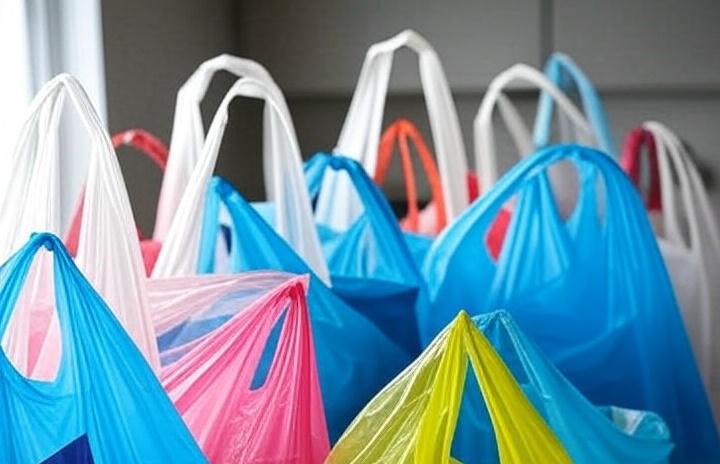New Jersey’s comprehensive plastic bag ban, which took effect in May 2022, stands as one of the nation’s most stringent environmental policies. Unlike many states that focus solely on plastic bags, New Jersey prohibited both single-use plastic and paper bags at most retail locations, marking a bold step toward reducing disposable packaging waste.
Significant Environmental Gains
The policy has delivered impressive results in reducing single-use bag consumption. Since implementation, New Jersey has avoided using an estimated 2.7 to 5.5 billion single-use plastic bags, with studies showing a reduction of approximately 594 plastic bags per person annually. This dramatic decrease has produced tangible environmental benefits—plastic bags have disappeared from the top 10 list of most common litter items found during cleanup efforts, and beach cleanups report noticeably fewer bags washing ashore.
Beyond the numbers, the ban has catalyzed a meaningful cultural shift toward sustainability. Many residents have embraced reusable bags as part of their shopping routine, demonstrating how policy can reshape consumer behavior. New Jersey’s leadership has also inspired other jurisdictions to consider similar measures, with the state’s comprehensive approach—including restrictions on polystyrene food containers—serving as a model for effective plastic waste reduction.
Unexpected Environmental Costs
However, the ban has produced concerning unintended consequences that complicate its environmental impact. The shift from lightweight plastic film bags to heavier non-woven polypropylene alternatives has actually increased plastic consumption for bags by nearly threefold. These substitute bags generate up to 500% more greenhouse gas emissions during production compared to the single-use bags they replaced.
The environmental mathematics prove challenging: each reusable bag must be used 16-20 times to offset its larger carbon footprint, yet most consumers use them only two or three times before discarding them. Many shoppers have accumulated dozens of these bags, which often end up in landfills since most aren’t widely recyclable in the United States.
Economic and Social Trade-offs
The policy has created mixed economic effects. While some retailers have found new revenue streams through bag sales—with profits reaching $200,000 per location in some cases—consumers face increased costs and inconvenience. Frequent forgotten bags lead to repeated purchases, adding financial burden for seniors on a fixed income during inflationary times.
The ban has also negatively impacted local paper bag manufacturers, resulting in job losses and reduced operations in an industry that wasn’t prepared for such rapid market changes.
Looking Forward
New Jersey’s plastic bag ban illustrates the complex reality of environmental policy implementation. While achieving its primary goal of reducing single-use plastic bags and fostering cultural change toward sustainability, the policy demonstrates how well-intentioned regulations can produce unintended environmental and economic consequences that require ongoing evaluation and potential refinement.


